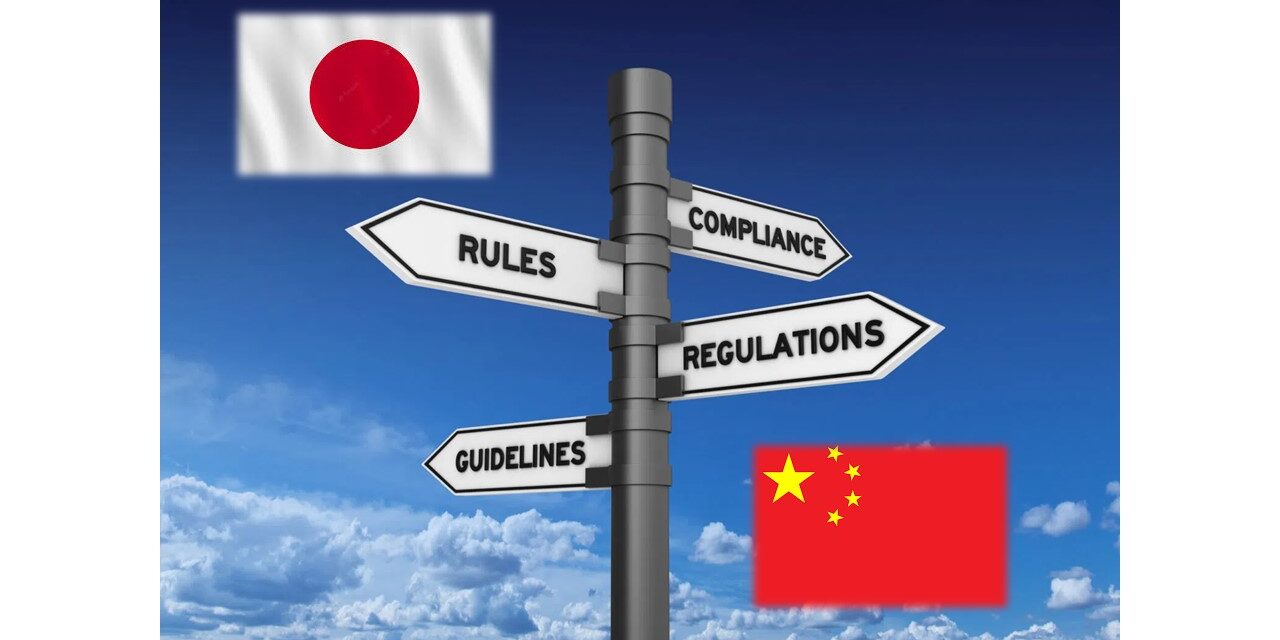China’s reopening presents ESG opportunities
As China begins to ease its Covid restrictions, open its borders and reopen more generally, ESG investors are looking to the region this year for opportunities.
 “China has many firms that will play a global role in the shift towards renewable energy,” Sharukh Malik, portfolio manager at Guinness Global Investors, told ESG Clarity Asia.
“China has many firms that will play a global role in the shift towards renewable energy,” Sharukh Malik, portfolio manager at Guinness Global Investors, told ESG Clarity Asia.
“Across the entire solar and wind industries, there are several leading Chinese firms. Electric vehicles are another important part of the solution and again the Chinese have footholds across the supply chain, ranging from resource extraction, pr ocessing, production equipment as well as final assembly. China is critical in this energy transition.”
ocessing, production equipment as well as final assembly. China is critical in this energy transition.”
Charlie Dutton, is also looking to the healthcare, information technology and consumer sectors in China this year, all of which come with unique ESG considerations. But he added there could be volatility in the immediate term as China battles to keep its healthcare system running efficiently in the face of an increasing number of Covid cases.
Japan to focus on governance and sustainability measures
In Japan, governance will take centre stage as wages rise and regulatory governance reforms start to come into force.
 Yu Shimizu, fund manager of the SPARX Japan Sustainable Fund, said megabanks and major property companies have been reviewing their governance systems and strengthening their profit base despite the headwinds of the past 30 years.
Yu Shimizu, fund manager of the SPARX Japan Sustainable Fund, said megabanks and major property companies have been reviewing their governance systems and strengthening their profit base despite the headwinds of the past 30 years.
“Sustainability measures, which have lagged behind those in Europe and the US, are also being rapidly put in place,” he said. “Companies such as Mizuho Financial Group, which can use decarbonisation as a business opportunity, and Mitsubishi Estate, which operates buildings in central Tokyo that use 100% renewable energy, could be good investment candidates from an ESG perspective.”
The focus this year will be on mandatory disclosure of human capital, he added. Companies closing their books after March 2023 are required to disclose non-financial information, including human capital metrics, in their annual financial reports. “If companies disclose their human capital, it will make it easier to make horizontal comparisons of human resources strategies. If horizontal comparisons can be made, this will have an impact on recruitment activities, as people considering employment will refer to these information. It will also lead to investor interest, as human capital is a key determinant of the future fundamentals of a company.”
Source: both ESGClarity


























